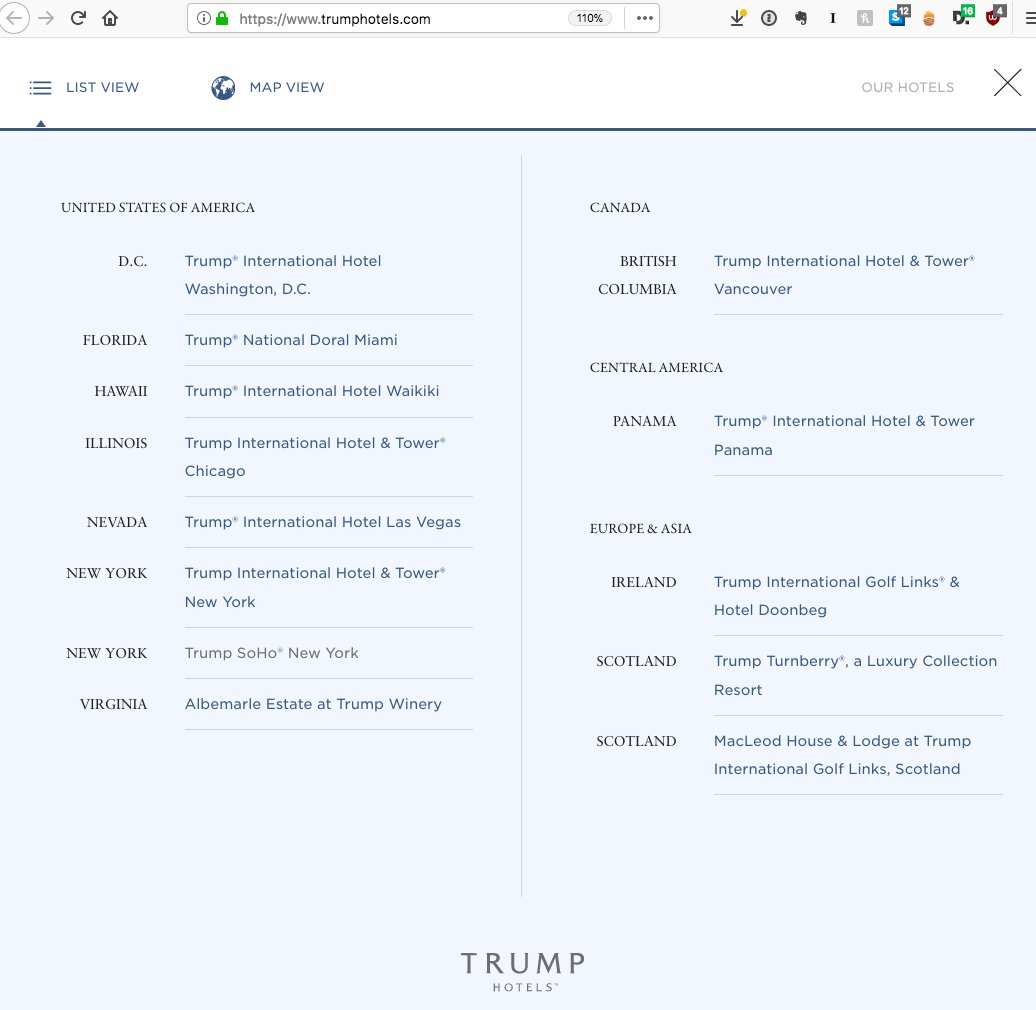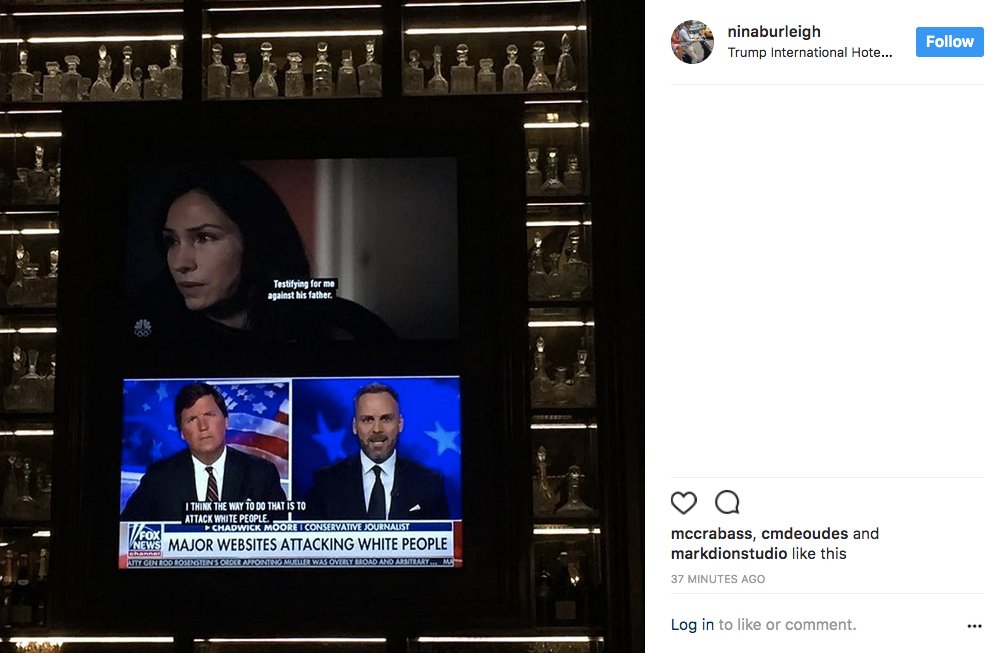That makes Mueller's report extremely narrow in scope.
Why? Because an impeachable offense doesn't have to be a federal crime.
Thread
Impeachment is a non-criminal process that is solely about removing a president from office. See Art II, Sect 4.
"Judgment in cases of impeachment shall not extend further than to removal from office." Art I, Sect 3, Cl. 7.
Basically, it's about whether the president should be fired from his job. Period.
And as we all know, for most jobs, you can be fired for conduct that doesn't rise to the level of a crime. Same thing with impeachment.
If a president is impeached by the House and "convicted" by the Senate, it doesn't mean he's been found guilty of a committing a crime and therefore subject to criminal sentencing & possible incarceration.
You don't have to establish that a president committed a federal crime beyond a reasonable doubt in order impeach him/her based on the underlying conduct.
That focus makes sense if the report is to determine whether Trump should be criminally indicted.
In part that's because in non-criminal proceedings, the burden of proof is a much different standard than "beyond a reasonable doubt."
What this all means is many of us are asking the wrong questions about the Mueller Report.
Does the conduct "subvert core tenets of the U.S. governmental system?" (p. 42)
Rather than focusing solely on the technical legal questions, Congress should focus on whether the underlying conduct subverts the rule of law & the public's confidence in our government & its officials.
With that understanding, the next step for Congress is to obtain the full, unredacted Mueller Report, to have Mueller testify before Congress, and for Congress to ask the right questions.
END










